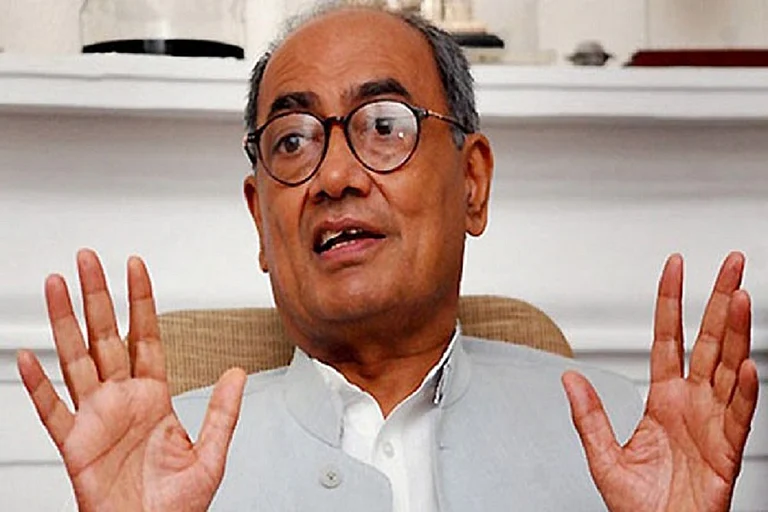The European Union Parliament Elections are here! From Thursday to Sunday, 27 European nations will be heading to vote for the candidates who will form the next EU Parliament.
As incumbent chief Ursula von der Leyen eyes a second term, she is likely to face a tough competition and may have to form a coalition with Italian PM Giogia Meloni's far-right parties.
EU Parliament Elections 2024 - All You Need To Know
When Is The Vote?
Elections for the EU parliament are held eery five years across the 27 members of the regional bloc. For the 10th EU parliamentary election, the vote will be held from June 6 to June 9, 2024.
The voting kicked off on Thursday with the Netherlands. Ireland and Czech Republic will head to the polls on June 7. Italy, Latvia, Malta and Slovakia will vote on June 8 and the remaining EU member states will vote on Sunday - June 9.
The initial results of the polls will be revealed on the evening on June 9 after polling stations close across the member states.
How Do The Countries Vote And Who Can Vote?
The European Parliament has a total of 720 seats. The seats are allocated to each member state based on the strength of the population. Germany has the most seats - 96, followed by France at 81, Italy at 76 and Spain with 61.
For the EU elections, national political parties across the 27 member states contest for the seats. However, once they are elected, the lawmakers and members of the European Parliament often form and join transnational political parties.
People under 18 are allowed to vote in some countries. In Belgium, a law adopted in 2022 lowered the minimum voting age to 16. Germany, Malta and Austria are also permitting 16-year-olds to vote. In Greece, the youngest voting age is 17. In all other member states, it’s 18.
People of voting age - 18 and above are allowed to vote for the EU elections. In some countries, people under 18 years of age are also allowed to vote. For instance, in Belgium, Germany, Malta and Austria voters as young as 16 can cast their ballot.
What Are The Key Issues This Election?
The key issue at hand is the Russia-Ukraine war in the region. Along with this, economy, jobs, poverty, public health, climate change, cost of living and farmers' discontent are also on the list of major issues.
Furthermore, the Gaza war is also expected to have an impact on the way voters will cast their ballot for the European Parliament.
Which Are The Major Parties?
In the history of the European Parliament, the two largest parties have usually been the centre-right European People's Party (EPP) and centre-left Progressive Alliance of Socialists and Democrats (S&D). The incumbent EU chief Ursula von der Leyen is from the EPP.
Right-wing parties are split between the European Conservatives and Reformists (ECR) which is led by Italian Prime Minister Giorgia Meloni and the Identity and Democracy (ID).
As per pollsters, the coalition of the EPP and S&D are expected to remain in power, bringing in another term for Ursula von der Leyen. However, this coalition has been projected to lose seats due to farmers protests and discontent in France with President Emmanuel Macron.
However, the ECR and ID, dominated by Meloni’s Brothers of Italy and Marine Le Pen’s Rassemblement National in France are expected to win more than one-fifth of seats for the first time.
As per the 2019 elections, 176 seats of 705 went to the EPP, followed by the S&D with 139 seats. European Renew group holds a total of 102 seats and the alliance of green and regionalist parties got 72 seats.
Once the vote is completed and the parliament has been decided, the new members will then vote for the president of the European Commission in July.



























